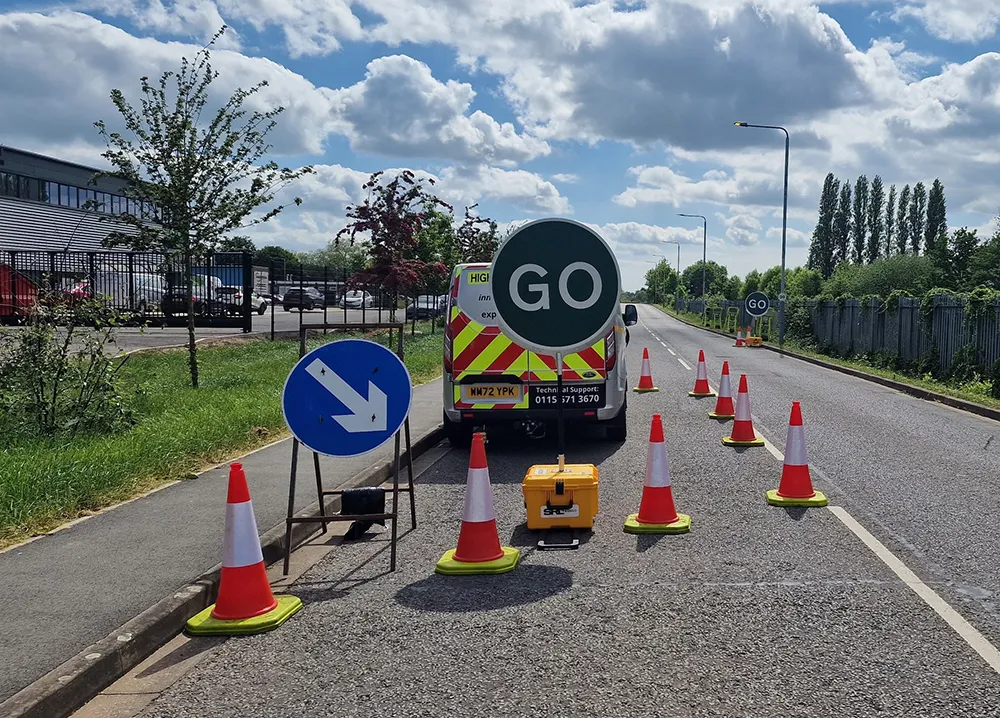Siemens has agreed to supply its satellite-based prioritisation system Sitraffic Stream to the Icelandic capital, Reykjavik
Reykjavik and the Icelandic Road and Coastal administration (Vegagerd rikisins) are sharing the system that ensures traffic lights automatically turn green for emergency and urban public transport vehicles at road intersections. The system has been installed at six intersections in the centre of the capital. Over the coming months, around 50 fire trucks and ambulances will be fitted
January 31, 2017
Read time: 2 mins
Reykjavik and the Icelandic Road and Coastal administration (Vegagerd rikisins) are sharing the system that ensures traffic lights automatically turn green for emergency and urban public transport vehicles at road intersections. The system has been installed at six intersections in the centre of the capital. Over the coming months, around 50 fire trucks and ambulances will be fitted with onboard units. Similarly, the local bus operator will be equipping around 120 vehicles.
Sitraffic Stream - Simple Tracking Realtime Application for Managing traffic lights and passenger information – uses GPS captured by an onboard unit to calculate a vehicle's position to the nearest 5m and transmit the information to the control centre. When available virtual signalling points are passed, the control centre switches the lights to green. As soon as the vehicle has crossed the intersection, the lights revert to normal operation.
Until now, the only prioritisation solutions available for buses and emergency vehicles were of the expensive analogue variety: too costly for smaller towns and communities. But Sitraffic Stream is completely digital and requires only a small onboard unit with an integrated GPS and GPRS antenna in the vehicle. Unlike conventional systems, the cost of Sitraffic Stream for communities is manageable, as expensive roadside installations are not required.
Additionally, the position data transmitted provides up-to-date bus departure times at stops in real time. This is a real bonus for passengers as the punctuality of public transport is improved and buses run more reliably. What's more, CO2 pollution in the cities is reduced as buses don't get held up in traffic as much and thus simultaneously offer a real alternative to private transport. The fire service also benefits from Sitraffic Stream as in the event of an emergency, fire trucks no longer have to go through red lights at intersections.
In Böblingen, a town to the south of Stuttgart, Germany, Sitraffic Stream has been successfully prioritising fire trucks and speeding up public transport since 2014. As part of a pilot project, signalling points were set up at four intersections and onboard units installed in two fire trucks. Boblingen has since rolled out more Sitraffic Stream units across the town.








